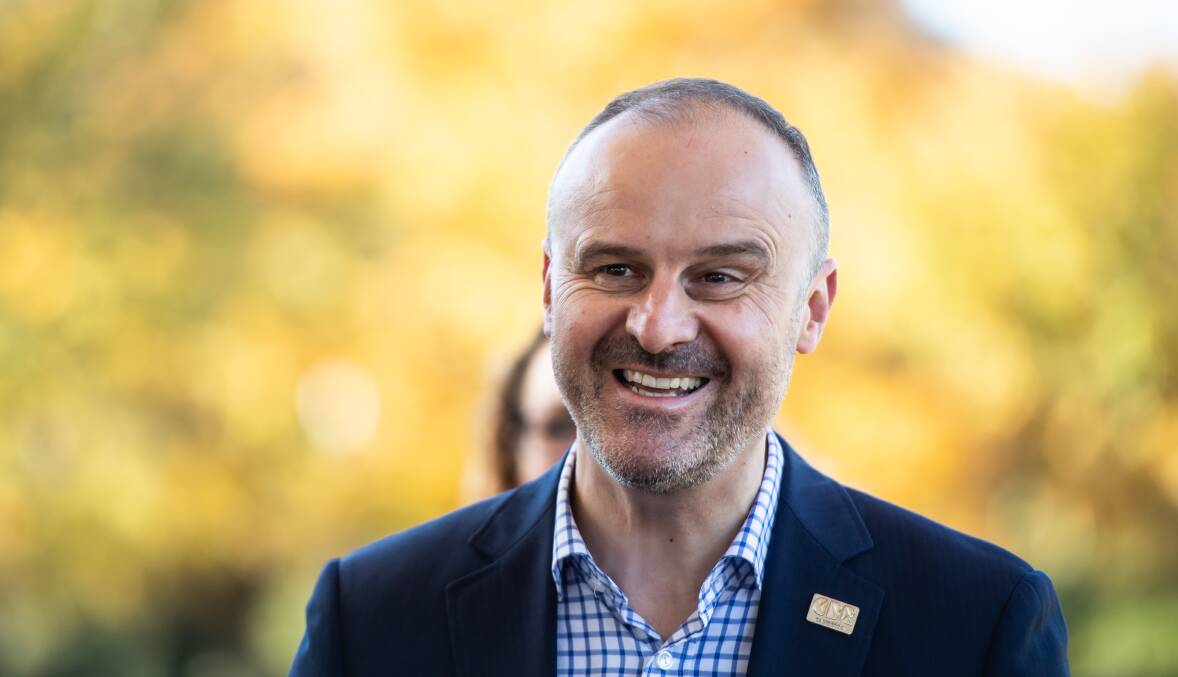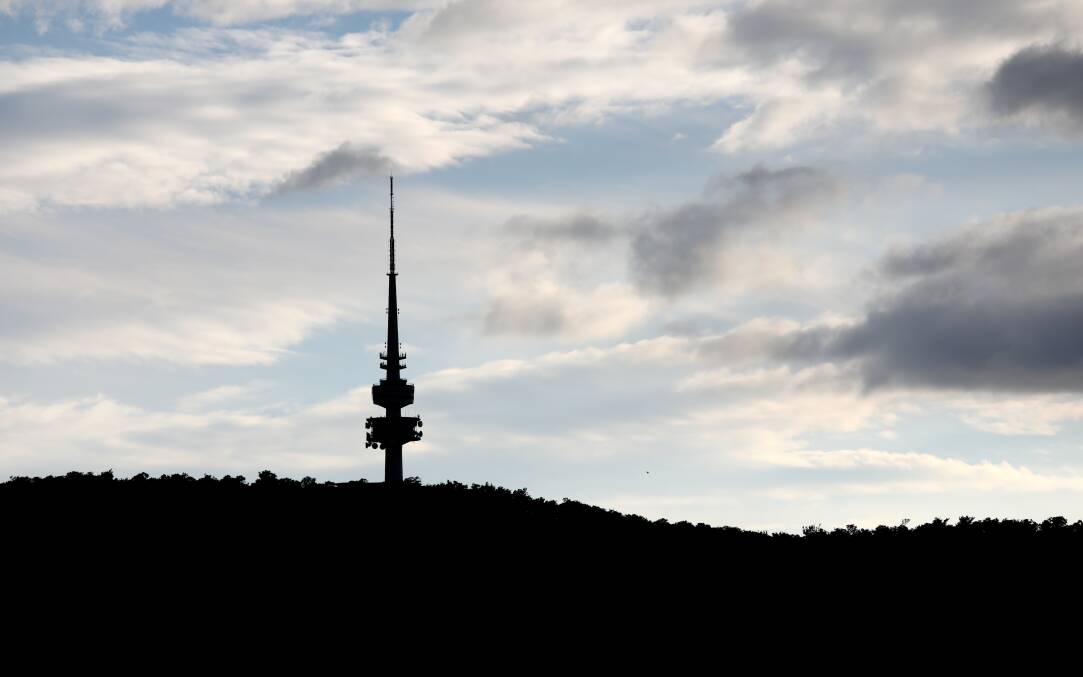Canberra has outpaced the rest of the nation in population growth according to latest census data published by the Australian Bureau of Statistics.
The ACT's population has grown 14.4 per cent to 454,000 people since the last census count in 2016, with the bush capital adding 57,102 people in five years.
ACT Chief Minister Andrew Barr said on social media it was "Quite a shift from the previous 'estimated' residential population of 432,000".
"We've increased from 1.68 per cent of the national population to 1.76 per cent," he tweeted
State and territory population breakdowns follow on from earlier revelations by the ABS that the nation's total population had doubled over the last half a century, with the current tally sitting at 25.8 million.
Almost 80 per cent of the population live in the eastern states and territories excluding Tasmania.
Roughly 67 per cent of Australians live in greater capital cities while the remainder live in rural and regional centres.
Greater Sydney was the most populous area at 5.2 million followed by Melbourne, with 4.9 million.
Census data also shows median weekly rents in the ACT jumped $65 to $450 and are outpacing the national median of $375.
The number of people living in a detached home fell to 63.2 per cent from 67 per cent in 2016, while flat and apartment living rose 4.4 percentage points to 19.4 per cent.
The most common housing size in Canberra was three bedrooms, and approximately 70 per cent of households had either one or two motor vehicles.
Nepali (1.3 per cent) has become the second-most spoken language other than English, surpassing Vietnamese (1.1 per cent), Hindi (1 per cent) and Punjabi (1.1 per cent). Mandarin (3.2 per cent) remains the most spoken language other than English.
Mr Barr noted the underestimation of the ACT's population will impact the territories share of national funding arrangements including its proportion of GST.
He confirmed he is in discussion with the Albanese government in ensuring the ACT retains its fair share of GST distributions.
"The ACT government has already begun work collaboratively with the new federal Labor government to ensure that ACT gets our fair share," he said in a statement.
"We have many shared priorities in housing, healthcare and education that will support the growth of the nation's capital into the future."
The ACT government is seeking to retain its share of GST revenue in relation to population for investments into schools, health, infrastructure and local services.
Additional investments are expected to be announced at the upcoming ACT budget.
ABS senior officer Teresa Dickinson said the country is facing a generational shift, with younger generations taking over as the major population cohort within the country.
"While Australia is an aging country," she said.
"The 2021 census has seen the number of millennials, those born from 1981 to 1996 catch up to the baby boomers."









